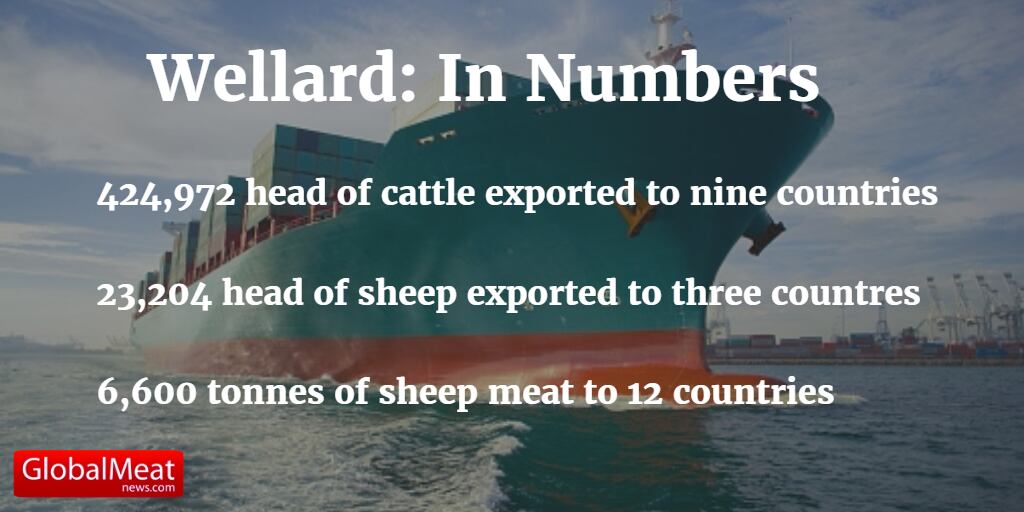Unprecedented winter rain in northern Australia and restocking by farmers led to a tightening of cattle supply that pushed prices to near-record highs in the last six months. This, combined with a reluctance from key customers in south-east Asia to buy at higher prices, dented Wellard’s revenue by AU$16.3 million.
Despite the difficulties in the livestock market, Wellard has posted profit of AU$14.8m in its full-year audited financial results for the year to 30 June 2016.
“We certainly faced a number of challenges in our first six months as a listed business,” said a Wellard spokesman. “Despite these tough trading conditions and some issues with our vessels Wellard was still able to achieve a pro forma NPAT (net profit after tax) of $14.8m.
“We are now focused on managing the business through the current challenging livestock market landscape, so that we are positioned to take advantage of the opportunities that will present themselves to Wellard when livestock prices invariably return to their normal trading range.”
Sales lift by 12%
Wellard is a trader and exporter of live cattle from Australia, New Zealand and South America. The business also exports live sheep and lamb meat from Australia. It sources meat domestically, but also from markets like Brazil and Uruguay where production is surplus to demand.

In the financial year the business has successfully expanded sourcing operations in South America and grew trade with Turkey, Egypt and Israel.
Thanks to the higher volumes of cattle exported by Wellard, sales revenue increased by 12% year-on-year, although this was also supported by the depreciation in the Australian dollar against the US dollar.
Wellard chalked up gross profit of AU$88.9m. It reported a sizeable statutory operating loss after tax of AU$23.3m, when compared to AU$0.2m in 2015.
This loss was driven by the need to cough up AU$11.7m during the year to fix and repair two of its livestock vessels. The unforeseen costs further impaired profitability as Wellard was forced to rent external ships for several months to ensure livestock could still be transported.
